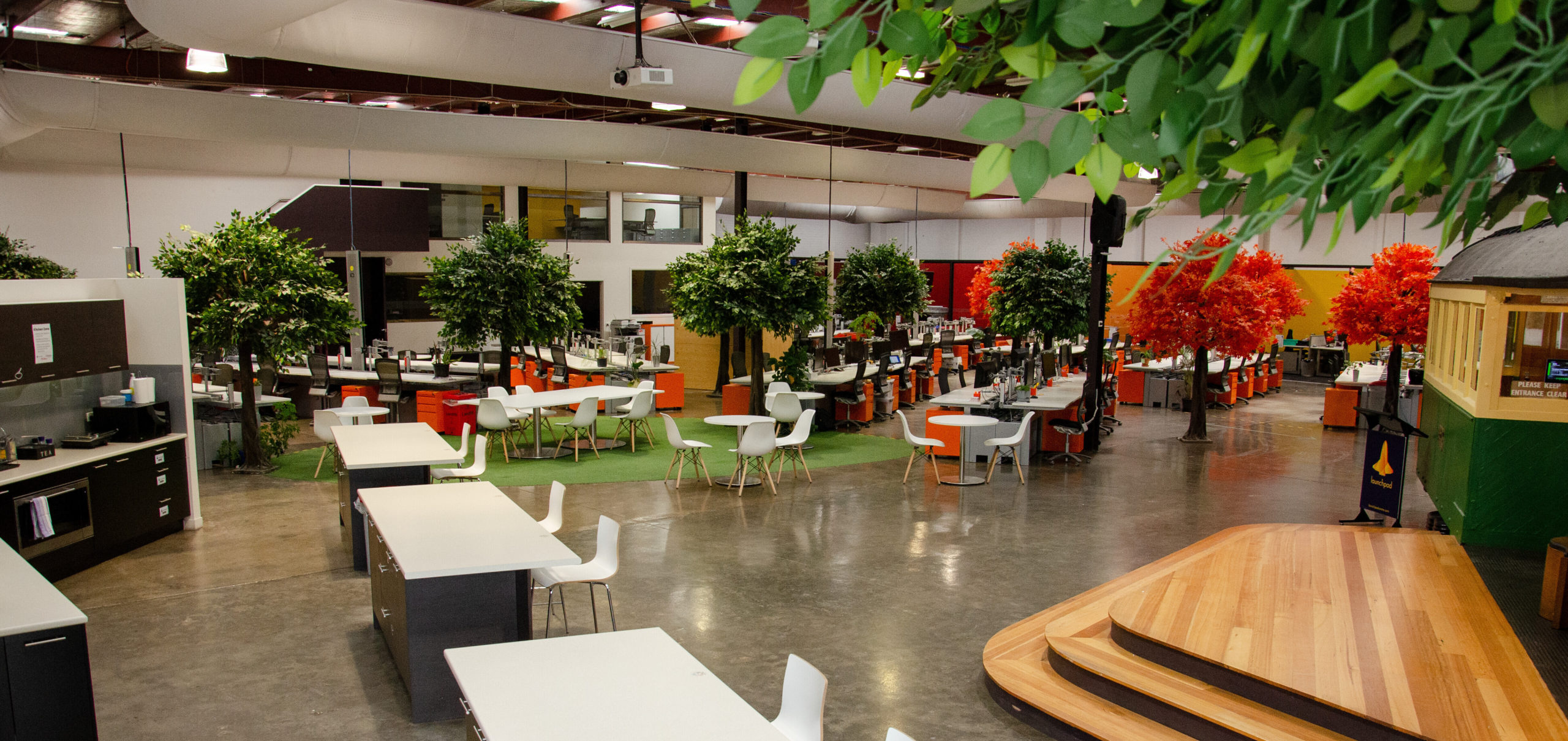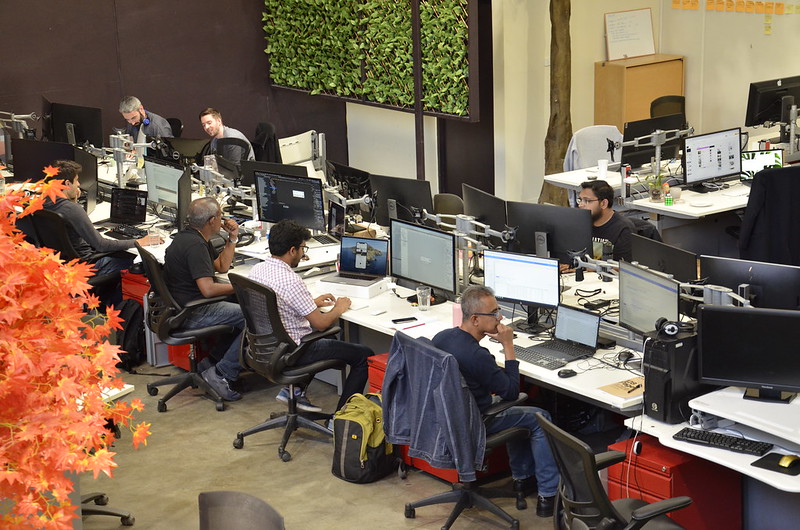What is Coworking Anyway?

You would think there’s a good definition of Coworking – but it’s surprisingly hard to nail down.
For a long time, there was even a debate over whether it’s Coworking or Co-Working. Seriously people; spending time discussing whether there should be a hyphen or not in the name is time you will never get back.
In researching a talk on “the Future of Work (Space)” for the Coworking Innovation Conference held at LaunchPad, I was struck by the lack of clarity about what Coworking is and more importantly isn’t.
The history of the movement can be traced back to 1995 when 17 computer enthusiasts came together to create C-Base in Berlin. Space where ‘hackers’ could gather together, share ideas, explore concepts and generally have a good time working on things they loved.
The term ‘coworking’ didn’t come along until 1999. Bernard DeKoven, a game designer and self-styled ‘fun theorist’ (which sounds awesome), started to think about workspaces. Bernard was looking to create a ‘space of equals’ where hackers could work collaboratively to create game software.
From here though things took an odd turn.
Soon after Bernard coin the term ‘coworking’, 42West24 opened in New York and the emphasis of coworking shifted from ‘working together as equals’ to ‘community’. This is where things get a little blurry.
This shift changed what people expected to get from coworking – it became on one level superficial. Community became an end in itself and not a means to get what you need from a space.
Community by definition is descriptive and passive. It’s also vague.
It can mean social, tribal or interdependence. What it doesn’t say is anything about the outcome of being together, and this is a problem for coworking spaces.
Currently (as of writing) there are two Coworking Spaces in Melbourne that boast ‘beer on tap’. Just think about what message that is sending the market?
These are spaces promoting 5 o’clock drinks, it’s about parties and having fun. Basically, they’re saying “we’re a frat-house”. This is such a bad idea I don’t know where to start in explaining the problem it’s causing.
There is a huge difference between a community that is socially disruptive verses one that is relationally constructive.
When you create spaces that focus on social aspects and ignore what freelancers, entrepreneurs, and businesses need to create, you’re going to run into problems.
The number of coworking spaces that claim “it’s all about community” is ridiculous.
Here are the top 5 searches on google trends (Sept 2018) with the word ‘community’:
- Community Day Pokemon go
- Eevee community day
- Independence community college
- Willow Creek community church
- Supreme community.
None of these relate to entrepreneurship, freelancing, coworking, or any other business outcome – all of them are specific tribes.
The implicit promise made when you join a coworking space is that work will be more productive than you would get in a traditional space. You have to create more otherwise what is the point.

